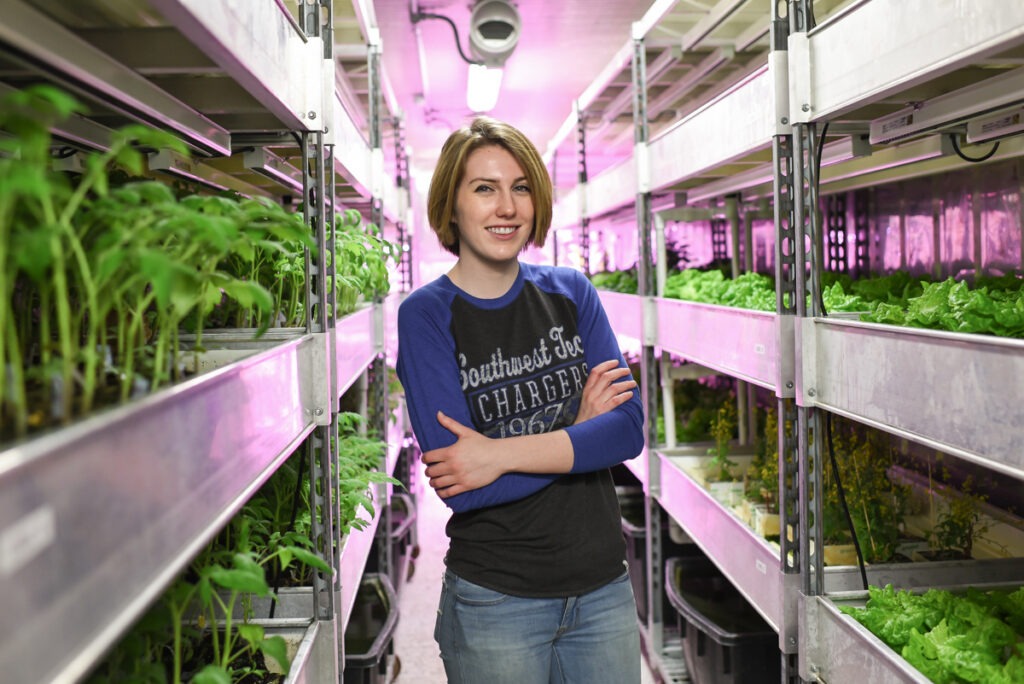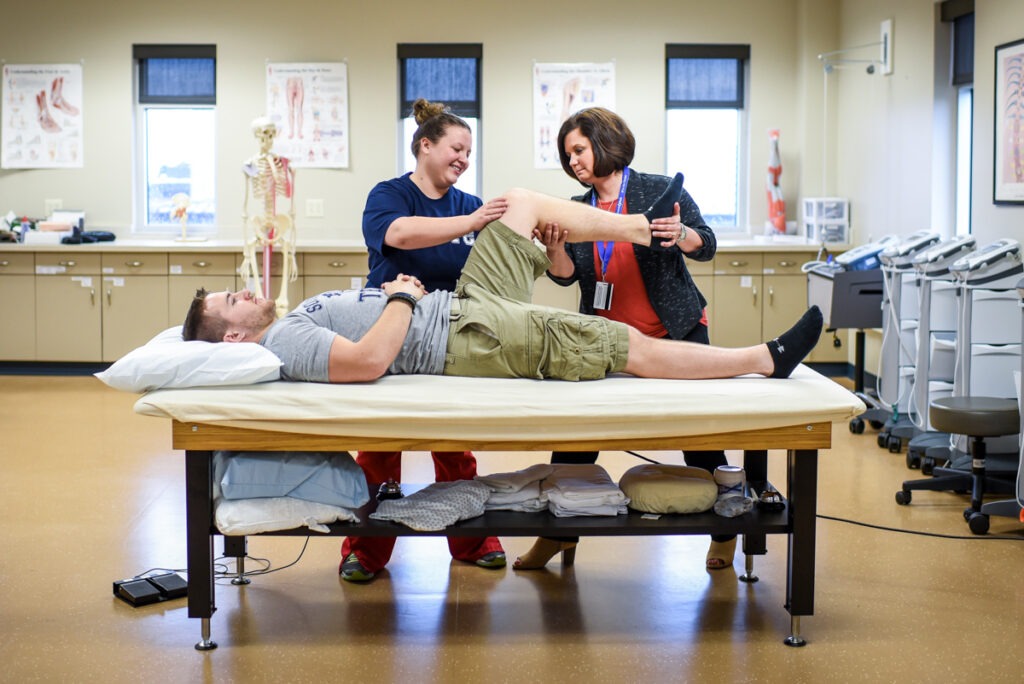
The Aspen Institute’s College Excellence Program aims to advance higher education practices that significantly improve student outcomes.
Aspen Institute College Excellence Program
2010
Josh Wyner
Christopher Smith
Community colleges represent a pathway to opportunity for millions of students each year. A new initiative by the Aspen Institute College Excellence Program brings together institutional leaders to connect more students with workforce credentials of value.
Fulfilling the Promise of Higher Education
Around 8 million Americans – including about half of all Hispanic and 40% of all Black college students – are currently enrolled in community colleges. These students come from a range of backgrounds and experiences and are looking to expand their knowledge, access new career opportunities, and increase economic mobility. But the institutions serving them are experiencing declining enrollment and persistent disparities in educational opportunity based on race and socioeconomic status. Community college leaders are eager to improve enrollment, completion, and post-graduation outcomes.
Since 2010, the Aspen Institute College Excellence Program (Aspen) has worked to support colleges in delivering credentials that both lead to the economic opportunities that families deserve and develop critical talent for our nation’s workforce, often via working with community college presidents.
In early 2023, Aspen launched “Unlocking Opportunity: The Post-Graduation Success and Equity Network” – a first-of-its-kind program designed to increase post-community college outcomes through research and institutional reforms, such as revised policies and practices.

A Network Committed to Student Success
“Unlocking Opportunity” is a national network of 10 community colleges that are committed to creating more equitable pathways from community colleges to students obtaining credentials of value.
Not all credentials are created equal. A key focus of this initiative is to encourage students to enroll in and complete ‘high-value’ programs that most often result in strong post-completion outcomes—meaning careers with strong wages, benefits, and opportunities for advancement. That means decreasing the number of students enrolled in lower-value programs, such as an associate degree in general studies or a workforce program that often leads to low wages.
The participating community colleges serve about 170,000 degree-seeking students, of which 48% are students of color. Each college, including its president and senior team, has committed to strategies that will increase the number of students enrolled in high-value programs, strategies that include fundamental shifts in program offerings and student advising.
The project has clear goals: Relative to the pre-project baselines, over the course of the initiative an additional 12,000 students will transfer to a four-year college or university, an additional 12,000 students will have earned a valuable workforce credential, and an additional 40,000 students will still be in community college but on a path to completing either a bachelor’s or a high-value workforce credential. Furthermore, 14,000 fewer students will enroll in low-value pathways. These outcomes are likely to have an outsized impact on students from low-income backgrounds and students of color.

Change on a National Scale
This network will run from 2023 through 2028, with three years of support for comprehensive reforms followed by three years of evaluation. Aspen will translate learnings from the initiative into published research and open-access tools. These will form the basis for new curriculum that will be used to educate leaders and teams from hundreds of community colleges each year in programs run by Aspen and its partners.
Additionally, Aspen will develop recommendations for policy change at the system, state, and federal levels, designed to both support and incentivize community colleges to advance post-graduation success and equity.
The project aims to create a proof of concept that could be implemented across the country, unlocking more and higher-value opportunities for community college students on a national scale.

